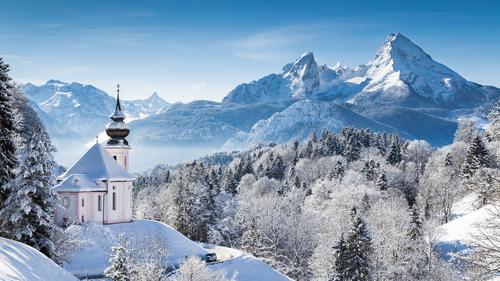Discovering the Beauty of Nigerian Igbo Culture: A Journey Through Traditions and Customs
The Nigerian Igbo culture is an embodiment of rich traditions that have been passed down from generation to generation and define the beliefs, values, and customs of this ethnic group. At the heart of its customs lies a deep respect for community and family that transcends time and space. This article seeks to take you on a journey through the beauty of Nigerian Igbo culture, exploring its customs, traditions, and practices that define its way of life.
A Brief Overview of Nigerian Igbo Culture
Nigeria is a country with over 250 ethnic groups, each with its unique customs and traditions. The Igbo tribe is one of Nigeria’s largest ethnic groups, with a population of approximately 40 million, making up about 20% of Nigeria’s population. Igbo is a diverse and complex culture, with its customs varying across different regions, communities, and families.
One of the most striking features of Nigerian Igbo culture is its deeply rooted respect and appreciation for family ties. At the heart of Igbo traditions lies the belief that one’s success and happiness are closely linked to that of the family. This has led to a closely knit family structure that has been preserved over time, despite the challenges of modernity and urbanization.
Exploring Igbo Customs and Traditions
The Igbo culture is renowned for its rich customs and traditions, which are closely linked to their beliefs and worldview. These customs and practices cut across various aspects of life, such as birth, marriage, and death, among others.
Birth and Naming Ceremonies
Birth in the Igbo culture is seen as a significant and joyous occasion, signifying the arrival of a new member of the family. After childbirth, the family holds a naming ceremony, where the child’s name is chosen carefully. Typically, the name given to the child reflects the family’s aspirations and expectations for the child, the circumstances surrounding the birth, or the child’s expected role in society.
Marriage
Marriage is one of the most significant customs in Igbo culture, with the family playing a crucial role in the process. The Igbo believe that marriage is a union between two families, rather than just two individuals. Thus, the families of both the bride and the groom must agree to the marriage before it can take place. The wedding ceremony is usually grand and involves several distinctive customs, such as the exchange of gifts, the breaking of kola nuts, and the formal introduction of the couple to their families and the community.
Death and Burial
The Igbo culture has a unique approach to death and burial, which is characterized by elaborate customs and rituals. The family of the deceased typically holds a series of ceremonies to honor the dead, thank their ancestors, and guide the deceased’s soul to the afterlife. This is usually followed by a grand funeral ceremony, where the community comes together to pay their respects to the deceased and their family.
Conclusion
The Nigerian Igbo culture is a rich and vibrant tapestry of customs and traditions that have stood the test of time. At the heart of Igbo customs lies a deep respect for family, community, and the preservation of cultural heritage. As Nigeria continues its march towards modernity, it is essential to preserve and celebrate the beauty of Igbo culture to ensure that it continues to thrive for generations to come.
(Note: Do you have knowledge or insights to share? Unlock new opportunities and expand your reach by joining our authors team. Click Registration to join us and share your expertise with our readers.)
Speech tips:
Please note that any statements involving politics will not be approved.
